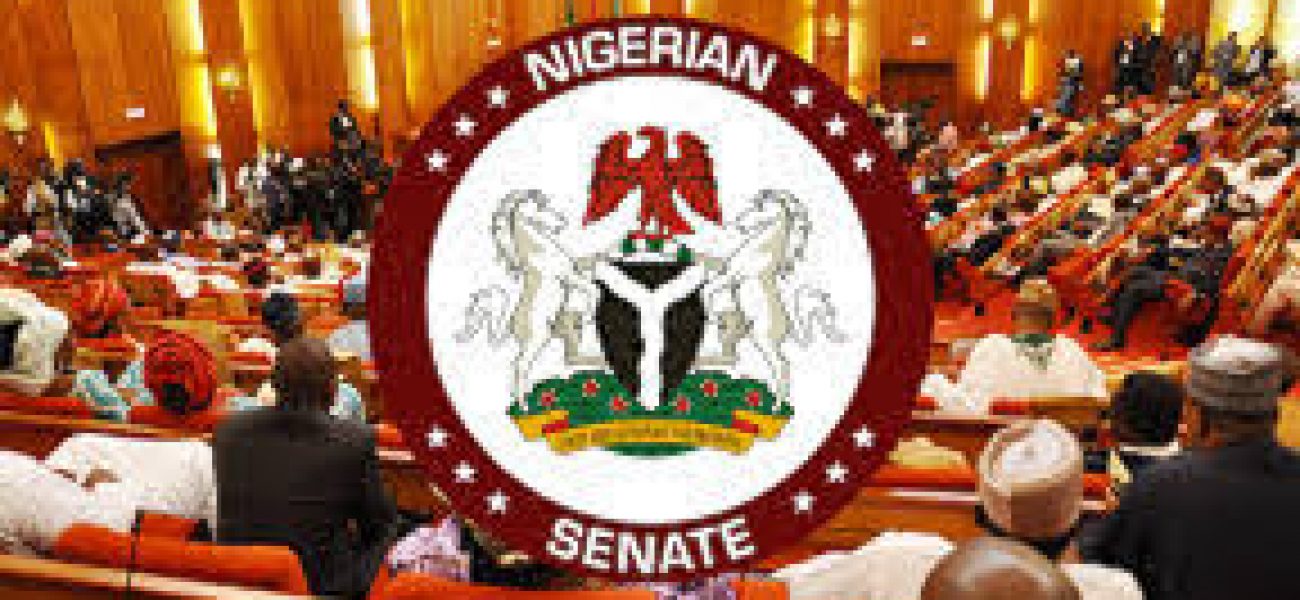The long-anticipated ‘rejig’ of President Bola Tinubu’s cabinet concluded with the confirmation of seven ministerial nominees by the Senate. The Presidency had earlier released a statement on 23rd October 2024, announcing the dismissal of five ministers, the re-assignment of ten ministers to other ministries and the nomination of seven persons for appointment as ministers, as follows:
- Nentawe Yilwatda – Minister of Humanitarian Affairs and Poverty Reduction
- Muhammadu Maigari Dingyadi – Minister of Labour and Employment
- Bianca Odinaka Odumegwu-Ojukwu – Minister of State, Foreign Affairs
- Rt. Hon. Yusuf Abdullahi Ata – Minister of State, Housing and Urban Development
- Idi Mukhtar Maiha – Minister of Livestock Development
- Dr. Jumoke Oduwole – Minister of Industry, Trade and Investment
- Suwaiba Said Ahmad – Minister of State, Education
Ministers who were dismissed include:
- Uju Ken Ohanenye
- Lola Ade-John
- Tahir Mamman
- Abdullahi Muhammad Gwarzo
- Jamila Bio Ibrahim
In plenary on Wednesday, 30th October, the Senate admitted each of the seven nominees into the chambers and questioned them, after which they were confirmed.
It will be recalled that President Tinubu nominated 48 persons for appointment as ministers in July 2023. They were screened by the Senate between July and August 2023, and 45 were confirmed and later sworn in by the President. However, in January 2024, President Tinubu suspended the then Minister of Humanitarian Affairs, Betta Edu following allegations of approval for transfer of public funds to a private account. She has now been replaced by Nentawe Yilwatda, who has been appointed to take over the affairs of the ministry.
Nigerians have questioned some of decisions of the President Tinubu-led administration, such as the creation of a Livestock Development Ministry, the appointment of seven ministers after the dismissal of five ministers, which brings the total number of ministers to 47, from the initial number of 45. For some observers, this represents an undue increase to an already large cabinet.
While Tinubu’s administration has presented this reshuffle as a move to improve “optimal efficiency” and enhance responsiveness to Nigeria’s challenges, public sentiment remains mixed. In the eyes of many citizens, the reshuffle reflects more about political maneuvering than meaningful reform, with the administration’s impact on everyday hardships outweighing promises of economic restructuring. The real challenge, they argue, lies in alleviating the pressures on Nigeria’s economy and restoring trust through measurable improvements in public welfare—something that no reshuffling alone can achieve.

